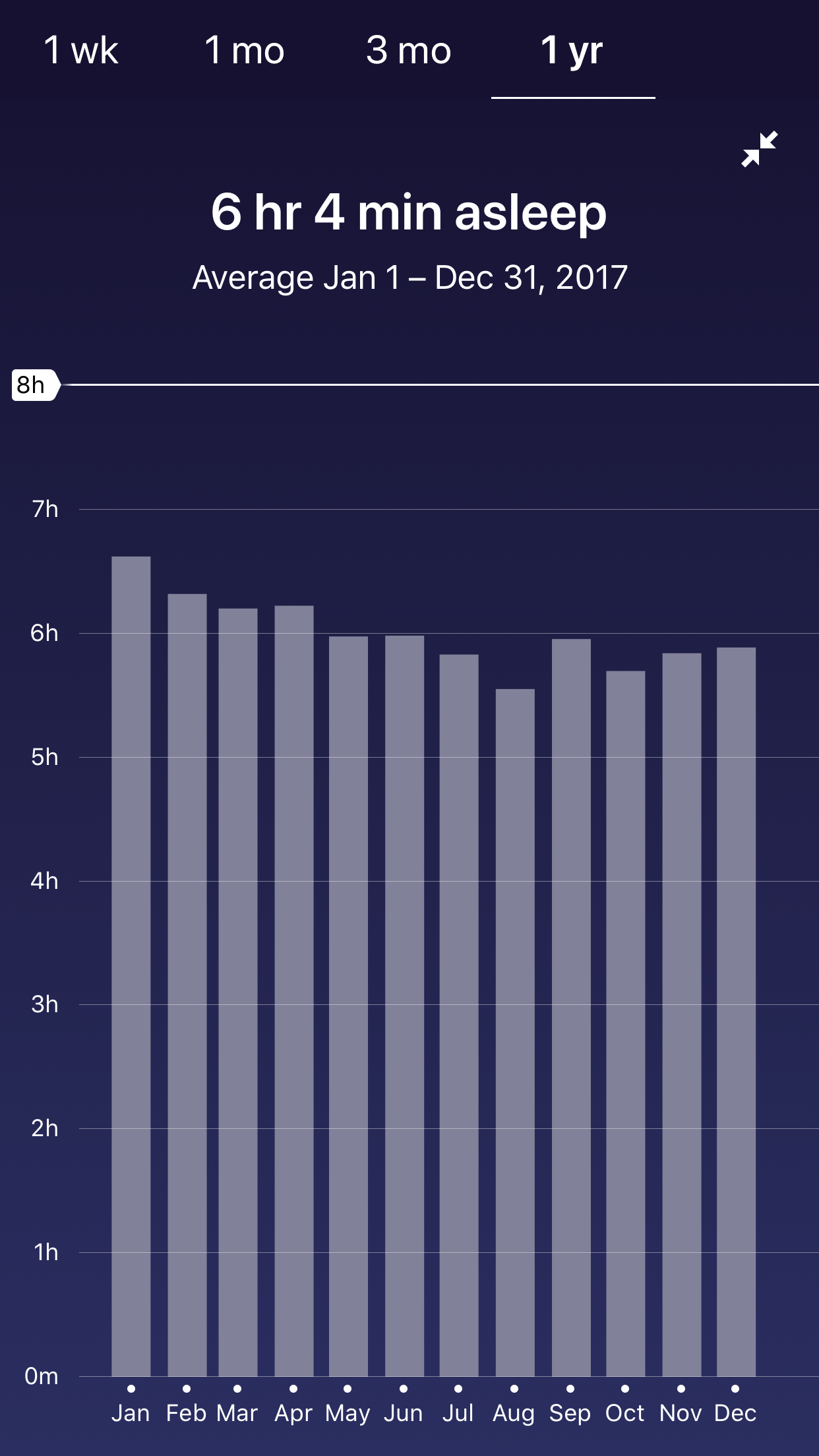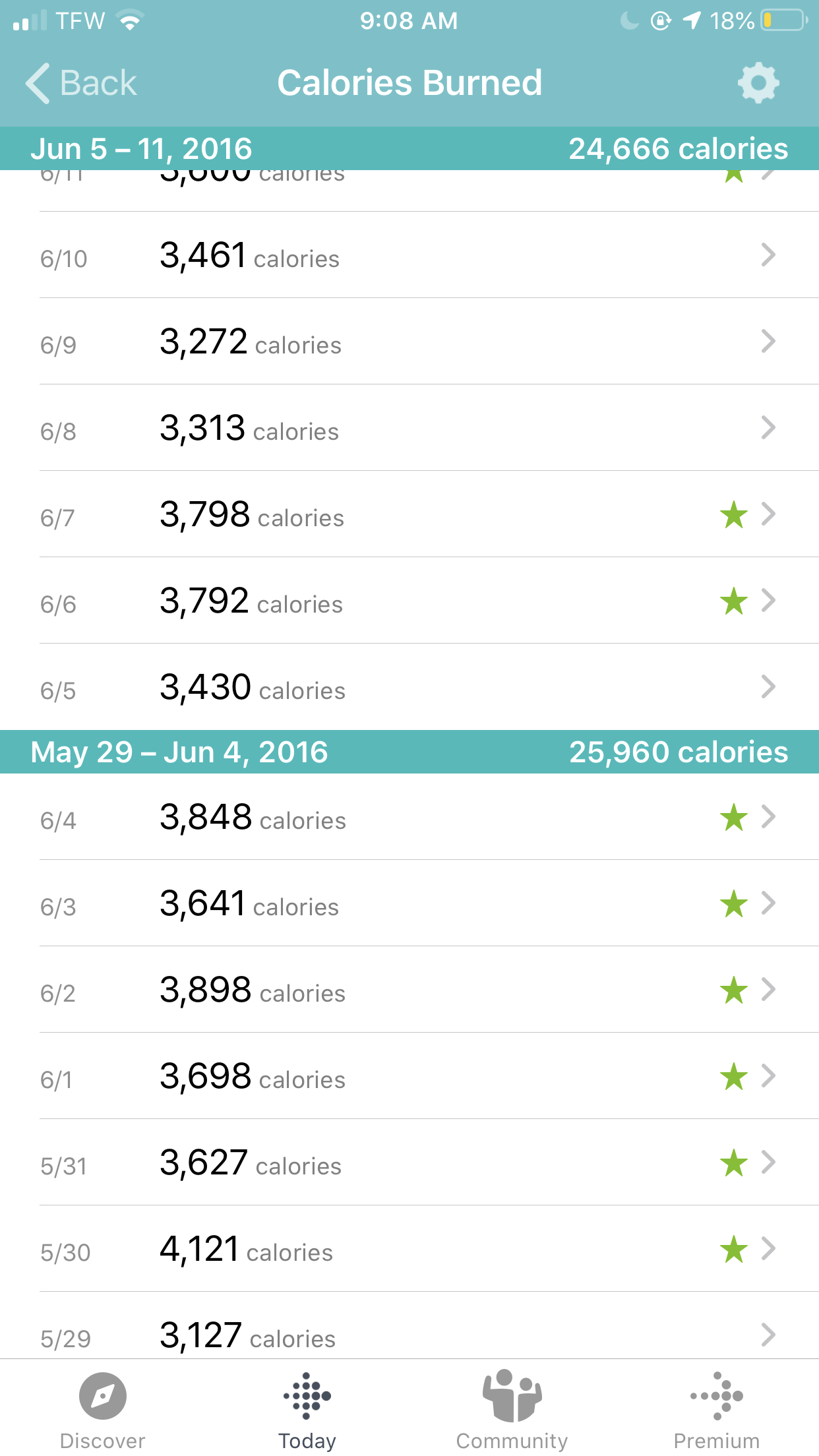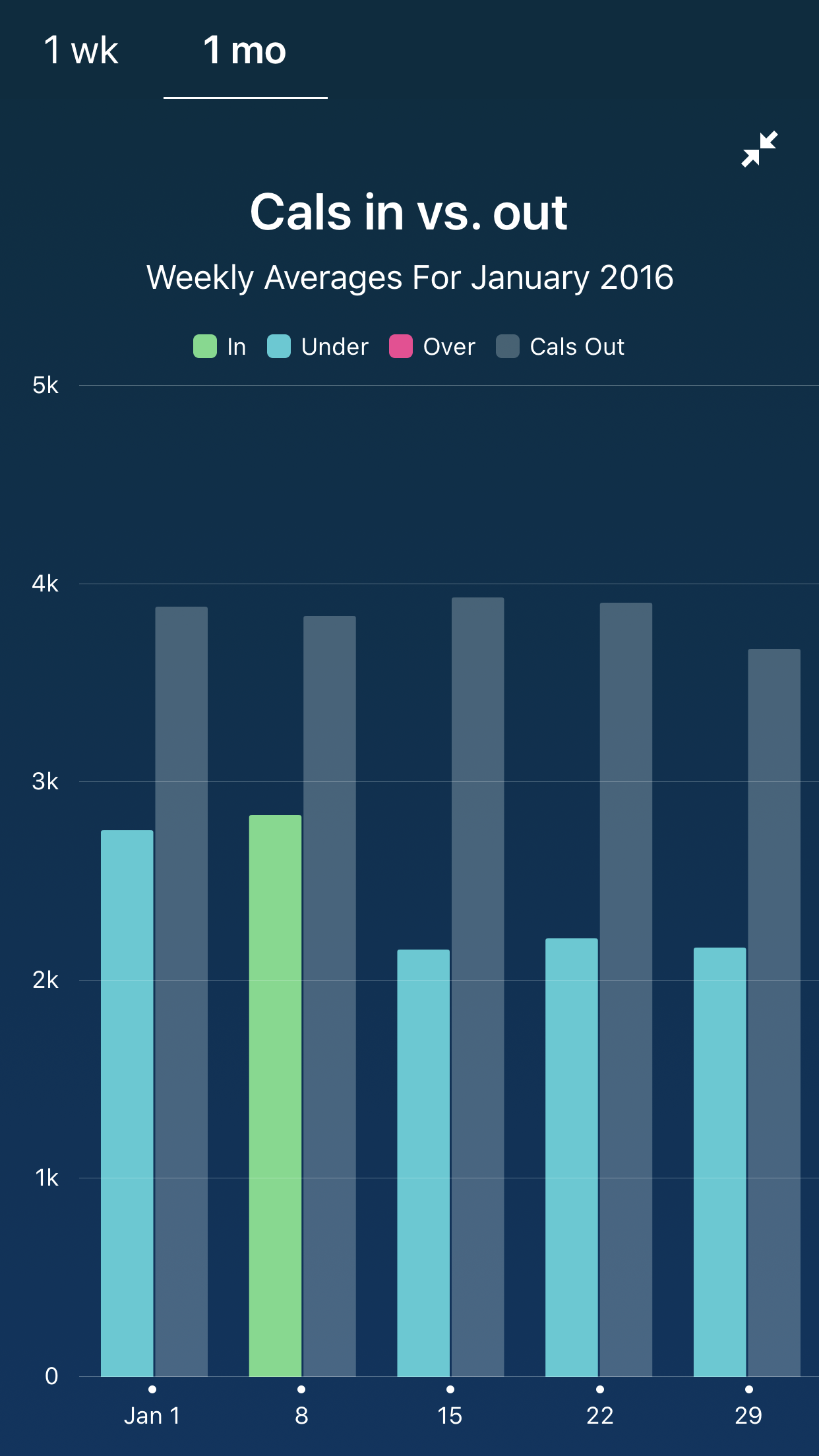Thoughts on grad school
Its PhD program interview season, and I wanted to share some thoughts with students looking at PhD programs. Cover art is a meme that is too true.
Negotiate your start
I attended Kansas State University on a several scholarships/fellowships that paid my tuition and living expenses, but after graduation, that “income” would go away. I was looking at several west coast schools with notoriously high costs of living, which meant I would be in a tough situation the summer after graduation. If I was going to go to grad school in California, working any job in Kansas made no sense, because rent and expenses could be 3X what I’d make in Kansas. I used these factors to negotiate summer starts from a few PhD programs, so that 1) I could start making a reasonable wage immediately after graduating from K-State and 2) so that I could get a head-start on grad school.
Ask about funding
My grad school contract said I was guaranteed 5 years of support, but support =/= funding. I was offered a fellowship that covered my stipend for the first 2-years of grad school, which meant I wouldn’t have to be a teaching assistant (TA). After that though, it was up to my PhD advisor to pay my salary, and depending on their funding, they could support my stipend/tuition using their grants (research assistant-ship, or RA) or they could request a TA position from the school to cover these costs. Thankfully, we earned a supplement to his R01 to cover my stipend for the remainder of my grad school career. Some people enjoy being a TA, but I also know a lot of students whose research has to take a backseat to grading assignments, meeting with students during office hours, and preparing class materials, so be aware of this possibility.
A good “fit” depends on several factors
When you think of USC, you think of Los Angeles, and the Los Angeles I knew growing up was predominately Hispanic/Latino. I went through undergrad with few Hispanic/Latino classmates, but figured that USC had to be different, by virtue of the diverse demographic of Los Angeles. That was the first thing I was wrong about in my grad school career.
The second thing I was wrong about was what I “thought” I would enjoy working on vs what I would excel at. I’m a biochemist by training, and wanted to continue doing biochem-type research, in the context of drug discovery. I found a lab that matched what I wanted to do on paper, but it was a very rough experience. Additionally, that lab wasn’t taking new students, and to make things more stressful, my second rotation didn’t end well. For better or for worse, I thought my third rotation would be my last.
I’m doing neuroscience research now, which is something I swore I would never do. I thought I had a logical reason for not wanting to get into neuroscience: drugging the brain is insanely difficult. The drug development arena is littered with failed clinical trials for Alzheimer’s, depression, etc. Plus, I had never taken a neuroscience class, although I could appreciate the complexity of the brain. During a rotation “interview” I discussed these and other topics with my current advisor, at which point I decided to give his lab a try. Despite not having an affinity for (or training in) neuroscience, I figured he was a great mentor and that with him on my side, I’d be successful. This is when my grad school experience started to completely turn around.
I was given a lot of freedom in lab, and have learned as much about the scientific enterprise, laboratory management, and myself as I have about neuroscience. I was given the opportunity to travel to several other alcohol research centers, and even took a research sabbatical at UIC, something most grad students never get to do. I’ve managed/mentored a team of undergraduate and high school students and learned that I enjoy helping others reach their potential as much as I enjoy doing science. I’m succeeding in a field I thought I’d never get into, and I’m really enjoying it.
I say all that to say: keep an open mind and be aware of what kind of support/environment will help you thrive. Grad school is all about learning new things, including (but not limited to) science and yourself.
It’s hard not to sacrifice your financial, physical, or mental health, but please find a way to avoid it
Grad school sucks for a few legitimate reasons:
You’re on a fixed income for 5 years
Achieving a balance between research and a personal life can be very difficult, especially if you’re the first person in your family to attend graduate school
Many students enter grad school as high achievers, and one of the hardest lessons of grad school is dealing with failure
Financial Health
Money is very important to me, and I’m honest about that. I weighed the opportunity cost of getting a PhD against my future career goals, and the benefits/rewards outweighed the risks. I moved to LA with $500 in the bank, although I was fortunate enough to live with an aunt (shout out to mi tia Socorro) for a few weeks while I saved money from “working” in the lab during the summer. Remember: you won’t get paid until the semester starts (Late August) and even then, it might be prorated.
I haven’t had to get a roommate in LA because I I’ve been lucky enough to find apartments within my price range (<35% of my income) but I also hate traveling and vacations. I don’t have expensive hobbies, I don’t like eating out, and I don’t have a family to take care of; things that make grad school difficult.
I’ve been able to save money during grad school, but it also helps that the School of Pharmacy has the highest PhD stipend in Los Angeles (and probably the western United States). That was an important factor in my grad school decision, but obviously not the only factor, because remember the high cost of living in LA.
Side note: I don’t personally believe in academia’s (or any single career’s) ability to provide financial security, so **NOT STOCK ADVICE** I auto-invest a few hundred bucks each week into ETFs, and I’m heavily invested in a few triple-levered ETNs (very risky). I only invest what I don’t need, and I treat that money as if it doesn’t exist. I plan on using those funds to reduce the financial stress of future career moves**NOT STOCK ADVICE**
Obviously, everyone’s situation is different, which is why grad school requires a lot of financial planning. That said, some financial stressors can’t be mitigated. Attending grad school is a financial risk; how much of a risk depends on the person.
Mental health
Grad school can take a serious toll on your mental health, as studies have reported. Imposter syndrome, burnout, depression; all things many grad students report facing. As a grad student though, your health insurance/benefits should include counseling services, and I highly recommend taking advantage of these services. At the very least, just having someone to talk to about the doubts your having about lab or anything going on in life can make a huge difference. You should also ask about occupational therapists (OT). OTs help you break down problems/stressors in work/life and help you figure out ways to manage/reduce these issues.
In grad school, it’s hard not to let your project influence how you think about yourself. For me, I had to learn a lot of new molecular biology techniques, which meant a lot of failed experiments, and after a certain point, you start wondering if the problem is you. Remember that grad school IS school, and if you already knew how to do everything, you wouldn’t be there in the first place. Learn from your mistakes and move on. After a certain point, you start realize that it’s not you, it’s the project, and separating your self-worth from your project is one of the best things you can do for yourself during grad school, because there WILL BE setbacks, that’s just the nature of research.
Physical health
I used to be really into fitness, and to an extent I still am: I have an exercise bike, a treadmill, and a rowing machine, and my workout goal in the morning is to burn 1000 calories before lab. The problem is that as the demands of research increased, I chose to eat/sleep worse. Skipping my workouts is one of the hardest things for me to do though; that’s one thing I refuse to compromise, although I do go to the actual gym a lot less frequently: I used to lift every other day, now its just twice a week. I’m also way more likely to stress-eat after lab and on weekends; avoid this at all costs!
I wouldn’t say that its ME that changed, although I can only do like 3 sets of 7 pull ups right now :’(, but rather what is important to me. I was very close to being able to do 1-armed pull-ups, and then I became more interested in electrophysiology. I used to go trail-running every weekend, now I spend my weekends doing cloning experiments and reading/writing papers. I’m happy with the scientific resuls, although I really wish I didn’t sacrifice eating healthy. As an aside, I take 5 minute “lunch” breaks around 2-3pm, and eat right outside of the lab.
Like I said, I make myself go to the school gym at least twice a week, and since its pretty much on campus, and I do cardio in the morning, I’m only taking a small part of the day. Depending on your program, its also free! And your student health insurance should cover visits with nutritionists and occupational therapists that can help you set and achieve your goals.
I started getting less sleep as grad school went on.
Middle of grad school.
I attended the 2019 Experimental Biology meeting in April, and at one of the workshops, we had to fill out a self-care diagnostic, which helped me realize how bad my sleep patterns were. I decided then that I would try harder to dedicate more time to sleep.
I got a Fitbit charge HR and a Fitbit aria scale a few months into grad school, which helped me lose a lot of weight, in the beginning. As grad school went on however, I started eating a lot of fast/junk food, and stress eating.
Calories burned at the beginning of grad school.
Calories burned at the end of 2019. I was working 80+ hours a week in lab and burning >4000 calories a day, but was still gaining weight due to a terrible diet.
Still working an insane amount of hours in and out of lab, still burning a lot of calories, but trying to fix my diet.
Diet early during grad school, before I quit eating pizza during the graduate student seminars. Pizza is frequently ordered for lunch at seminars unfortunately.
Stress eating in full swing. After my 1st year I stopped tracking what I ate, obviously contributing to my weight gain.
If you have any questions about grad school or a specific program, don’t be shy about reaching out to current PhD students, which should be listed on the Department website. Most grad students are willing to give an honest opinion about the program and share their experiences.











